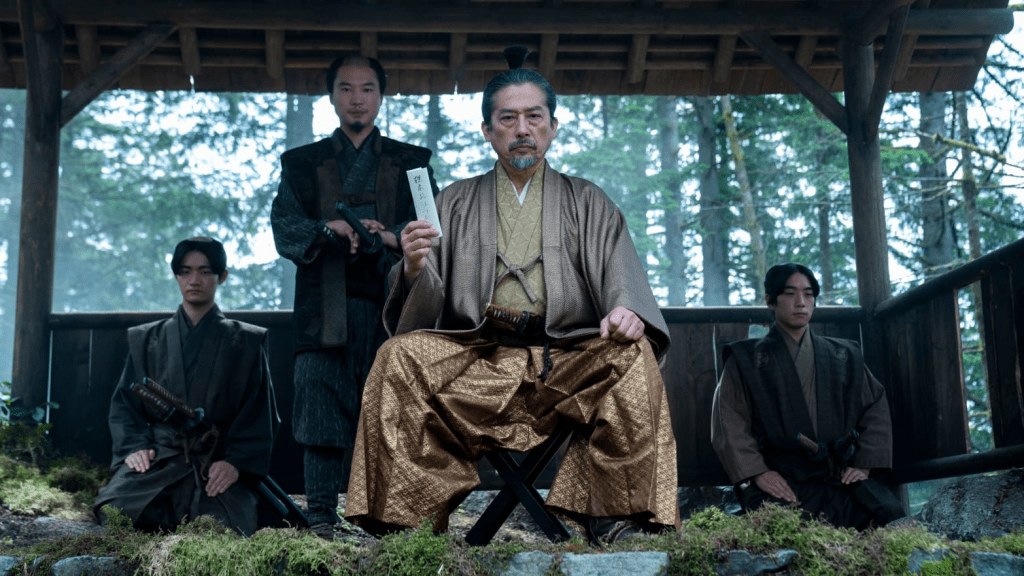The conclusion of a captivating series often leaves viewers with mixed emotions, but the finale of “SHOGUN” delivers a satisfying resolution that resonates with unexpected depth and complexity. As the final credits roll, audiences are left reflecting on the journey of the characters and the intricate themes woven throughout the narrative.
At its core, “SHOGUN” is a tale of cultural collision and political maneuvering set against the backdrop of feudal Japan. Yet, the finale transcends mere spectacle, offering a nuanced exploration of honor, loyalty, and the human condition.

One of the most striking aspects of the finale is its refusal to provide easy answers or tidy resolutions. Instead, it delves into the moral ambiguity of its characters, challenging viewers to question their own perceptions of right and wrong. As alliances shift and loyalties are tested, the lines between hero and villain blur, leaving us to ponder the true nature of honor and duty.
Central to the finale is the character development of the protagonist, whose journey from outsider to reluctant hero mirrors the larger themes of the series. Through his eyes, we witness the complexities of Japanese society and the harsh realities of survival in a world defined by power and privilege.
But perhaps the most satisfying aspect of the finale is its exploration of redemption and forgiveness. As the characters grapple with the consequences of their actions, they are forced to confront their own demons and seek redemption in the face of overwhelming odds. In doing so, they offer a poignant reminder of the capacity for growth and change, even in the darkest of times.
Ultimately, the finale of “SHOGUN” leaves viewers with a sense of catharsis, as loose ends are tied and justice is served, albeit in unexpected ways. Yet, beneath the surface, lies a deeper truth—that the journey is just as important as the destination, and that true satisfaction comes not from neatly wrapped conclusions, but from the exploration of the human experience in all its complexity.
As the credits roll and the screen fades to black, viewers are left with a lingering sense of resonance, a testament to the power of storytelling to provoke thought and stir the soul. In the end, the finale of “SHOGUN” is more than just a conclusion—it is a meditation on the human condition, a journey into the heart of darkness, and a celebration of the resilience of the human spirit.